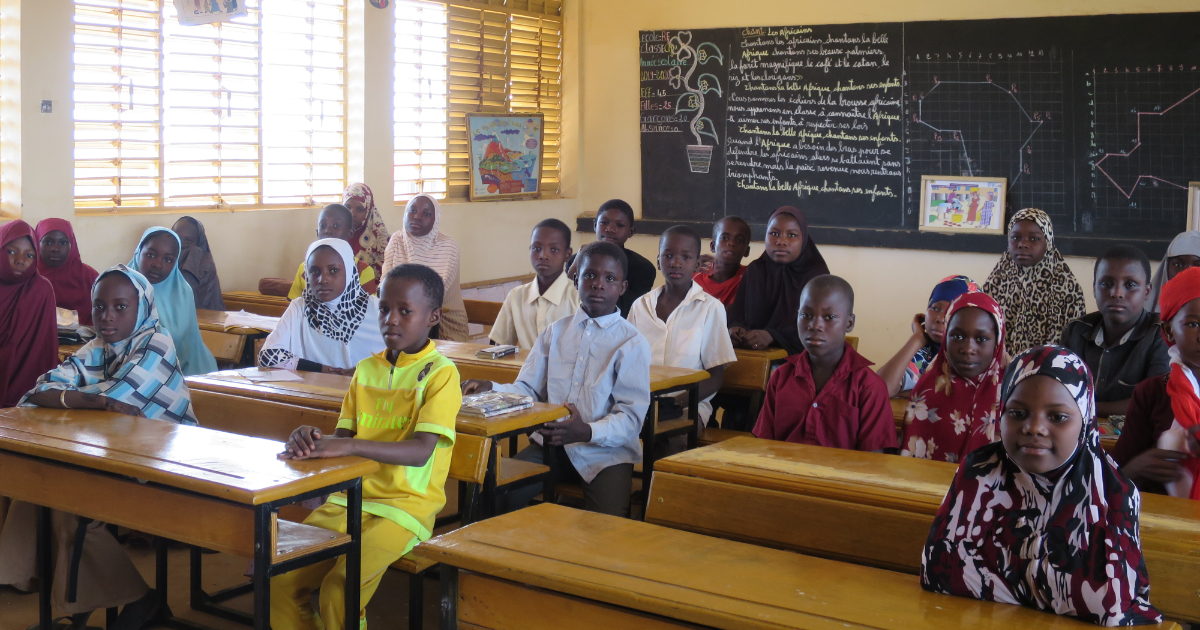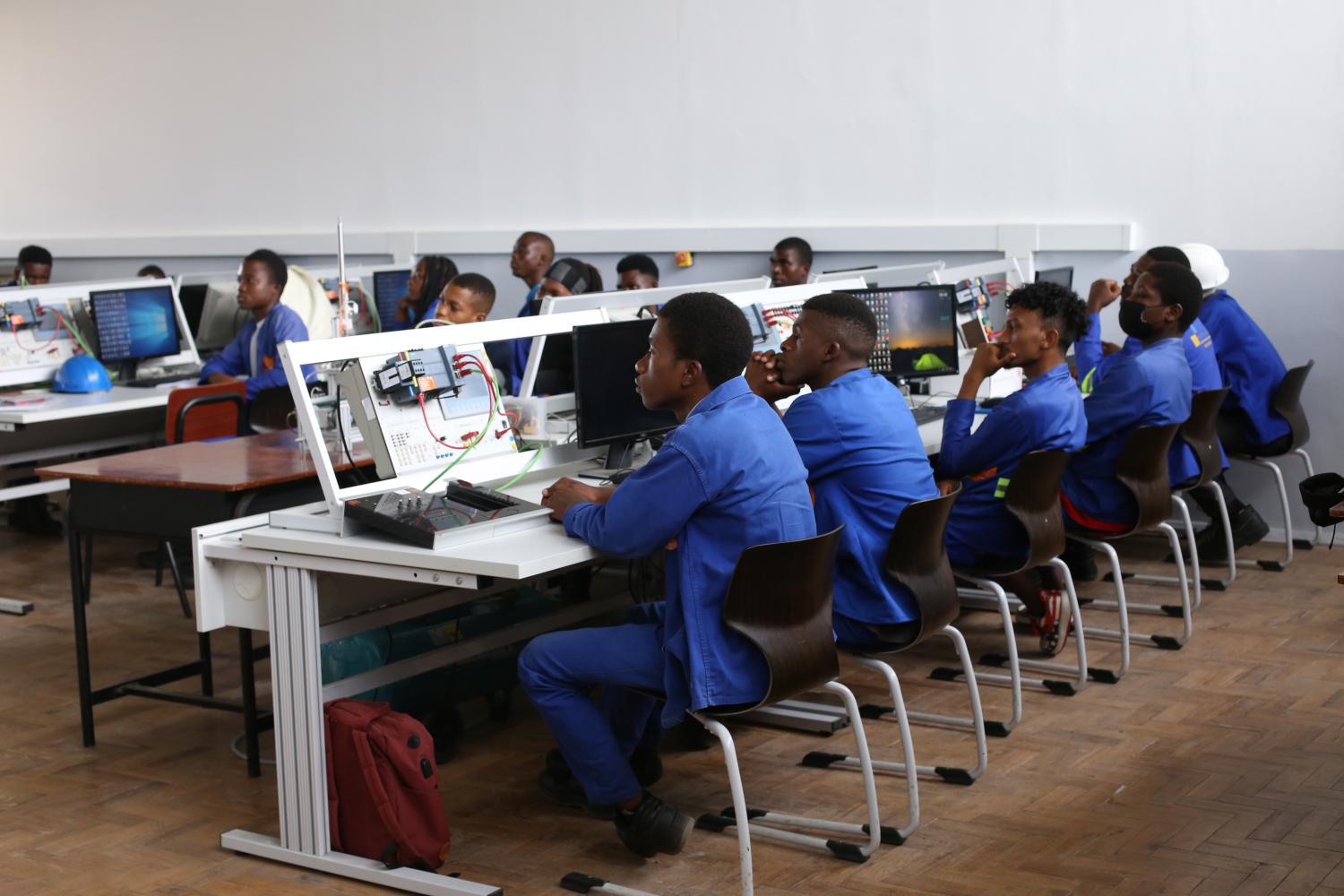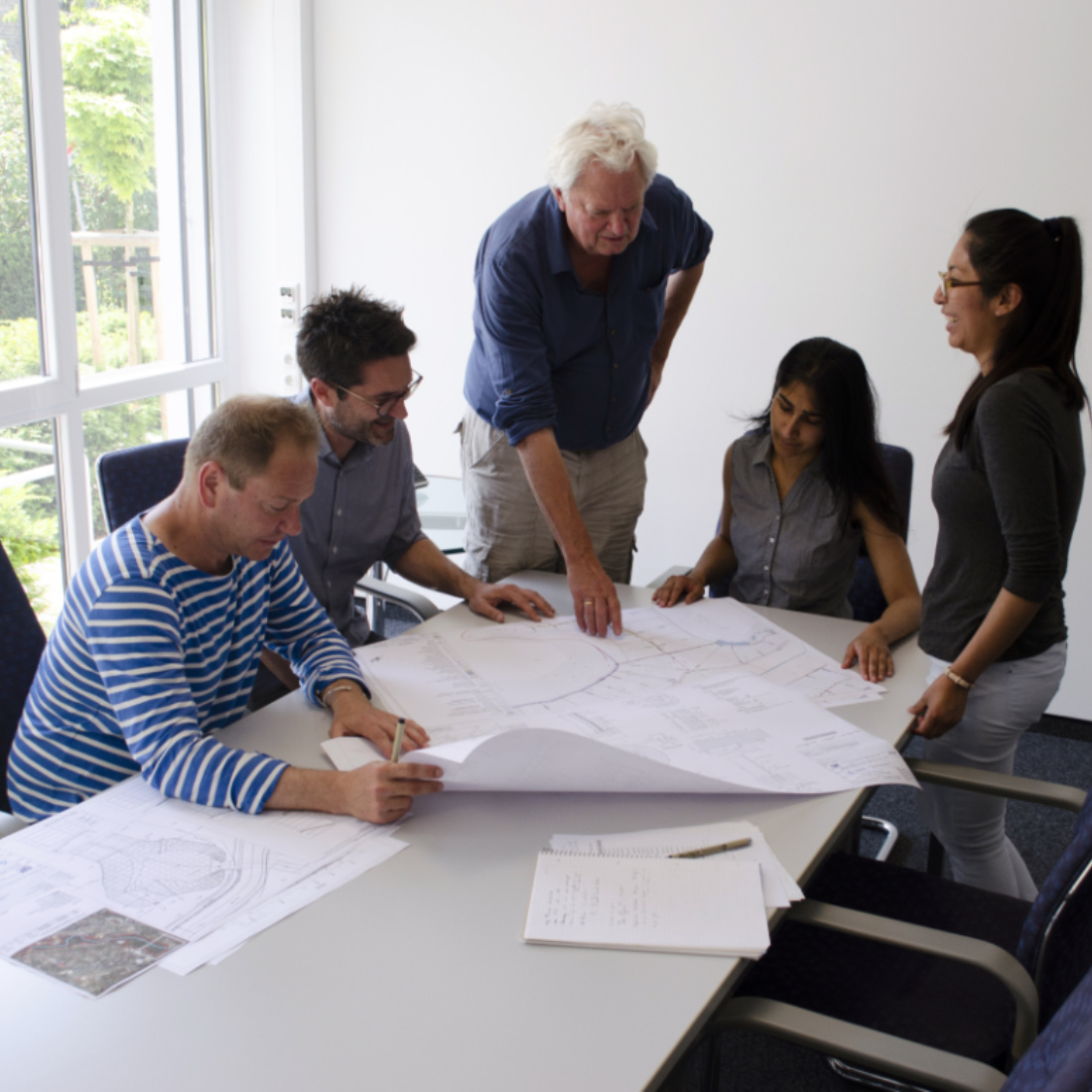news24.01.2024
Education is a human right, a public good and a public responsibility

This year, the sixth celebration of the International Day of Education will focus on the theme „learning for lasting peace.“ Given that a quarter of the global population, amounting to approximately 2 billion people, resides in conflict-affected regions, this theme is significantly relevant, and its importance cannot be emphasized enough. In 2022, 468 million children worldwide were living in areas impacted by armed conflicts, with nearly 200 million living in the world’s most perilous war zones—the highest number in more than a decade.
Currently, 250 million children and teenagers are deprived of educational opportunities, and 763 million adults lack literacy skills. Such denial of the right to education is unacceptable, emphasizing the urgent need for an educational transformation.
We at CES are aware of the situation regarding the access to education in countries of the global south. As we see it as our commitment to improve living conditions, we are engaged in several TVET projects in Africa.
Technical and Vocational Education and Training (TVET) projects are initiatives designed to enhance the skills, knowledge, and employability of individuals in specific technical and vocational fields. TVET encompasses a wide range of education and training programs that equip people with practical skills and competencies needed for specific occupations, industries, or sectors. These projects aim to bridge the gap between education and the labor market, addressing the evolving needs of industries and promoting economic development.

TVET School in Mozambique
The sixth International Day of Education, scheduled for January 24th, 2024, will address and highlight the importance of the theme „learning for lasting peace.“ The world is witnessing a surge in violent conflicts accompanied by a concerning increase in discrimination, racism, xenophobia, and hate speech. Due to these distressing developments, it becomes particularly evident how crucial education, the imparting of knowledge, and the critical questioning of content are. Furthermore, it becomes clear that education is still a huge privilege for many people around the globe and far from being a matter of course.
The impact of this violence transcends geographical, gender, racial, religious, political, offline, and online boundaries. A dedicated commitment to peace is more critical today than ever, with education playing a central role in this pursuit, as highlighted by the UNESCO Recommendation on Education for Peace, Human Rights, and Sustainable Development.
Learning for peace must be transformative, aiming to empower learners with the necessary knowledge, values, attitudes, skills, and behaviors to become agents of peace in their communities and countries. In addition, these agents of peace might be able to inspire and encourage others through their knowledge, mindset, and actions. UNESCO is dedicating this year’s International Day of Education to the pivotal role that education and teachers play in countering hate speech—a phenomenon that has escalated in recent years, especially with the use of social media, detrimentally impacting the fabric of our societies.
According to the facts already mentioned that are connected to the International Day of Education, there is one crucial target one should keep an eye on: The 17 United Nations‘ Sustainable Development Goals (SDGs), especially SDG 4.
SDGs are a set of 17 global goals adopted by all United Nations Member States in 2015 as part of the 2030 Agenda for Sustainable Development. SDG 4 specifically focuses on education and is aimed at ensuring inclusive and equitable quality education and promoting lifelong learning opportunities for all. Key targets and indicators associated with SDG 4 include:
- Access to Education: Ensure that all girls and boys have access to quality early childhood development, care, and pre-primary education.
- Primary and Secondary Education: Ensure that all girls and boys complete free, equitable, and quality primary and secondary education leading to relevant and effective learning outcomes.
- Equal Access to Technical and Vocational Education: Ensure equal access for all women and men to affordable and quality technical, vocational, and tertiary education, including university.
- Skills for Employment: Substantially increase the number of youth and adults who have relevant skills, including technical and vocational skills, for employment, decent jobs, and entrepreneurship.
- Gender Equality in Education: Eliminate gender disparities in education and ensure equal access to all levels of education and vocational training for the vulnerable, including persons with disabilities, indigenous peoples, and children in vulnerable situations.
- Global Literacy Rates: Ensure that all youth and a substantial proportion of adults, both men and women, achieve literacy and numeracy.
- Education Facilities: Build and upgrade education facilities that are child, disability, and gender-sensitive and provide safe, non-violent, inclusive, and effective learning environments
SDG 4 recognizes the critical role that education plays in achieving sustainable development and aims to address the various challenges faced by education systems worldwide. By focusing on inclusive and quality education, the goal aims to empower individuals and communities, reduce inequalities, and contribute to the overall well-being and prosperity of societies.
As the implementation consultant of several education projects in Sub-Saharan Africa, initiated by the BMZ and financed by the KfW Entwicklungsbank, we actively contribute to the achievement of SDG 4.
